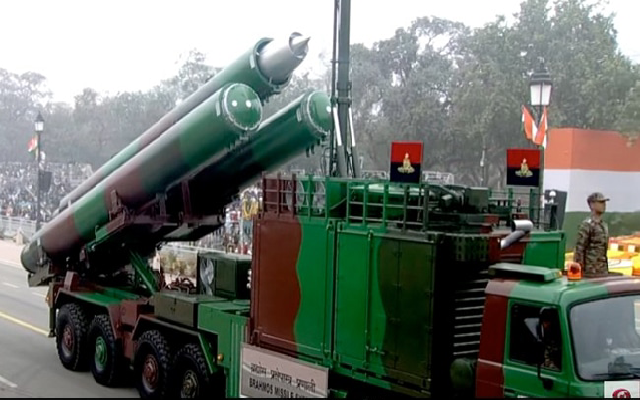Mumbai: Not just fiscal policy support but a structural one is needed to ease the massive debt burden which is “slowly strangulating” the telecom sector, opined experts.
Industry observers stated that at stake is not only the telcos ability to employ manpower and resources for introduction of next-gen communication technology, but severe consequences for lenders and nearly 150,000 jobs.
Among the solutions prescribed by experts are setting up of a Telecom Finance Corporation and giving the industry priority sector lending (PSL) status.
If PSL status is allowed, then borrowing, overall cash-flow and debt management will become easier for all telecommunications service providers (TSPs), some experts told IANS.
Others believe the government should look at setting up a Telecom Finance Corporation to ensure priority lending and also give the sector a tax holiday as it transitions from voice to data.
According to Arpita Pal Agrawal, Partner and Leader, PwC India, the government “can additionally look at declaring the sector as a priority to facilitate the future network expansion requirements of the sector”.
“Government could also review the hyper-competitive situation in the sector in light of customer interest in the medium- to long-term which is best served, in a market of this size, with at least three-four operating telcos actively competing on factors such as price, quality, innovation, etc,” Agrawal said.
Interestingly, nearly half the sector debt is in the form of deferred spectrum liabilities to the Department of Telecommunications (DoT), said Tanu Sharma, Associate Director, India Ratings & Research.
“Rationalisation of spectrum pricing and elongation of DoT debt maturities could be options used by government to ease the stress on the sector.”
Besides high spectrum and infrastructure costs, the total levy paid out by the telecom sector is about 29 to 32 per cent — which is one of the highest in the world.
“Incentivise private or public players to invest in broadband infrastructure and allow flexibility of export of redundant active equipment,” elaborated Hemant Joshi, Partner, Deloitte Haskins & Sells LLP.
He added: “Relax single-borrower exposure limits on banks for credit-worthy telecom companies and allow issuance of tax free bonds.”
The TSPs can also balance debt levels through monetising of non-core and tower assets to mitigate the pressure on their credit profiles, Sharma noted.
On its part, the government has formed an inter-ministerial group (IMG) to look into the issues faced by the sector.
The IMG has reportedly recommended to the Telecom Commission that the period of deferred spectrum liability payment be increased to 16 years from the current 10 years.
Another recommendation by the IMG is that the telcos may be allowed to pay for the spectrum with interest calculated marginal cost of funds-based lending rate rather than the prime lending rate.
At present, the sector is burdened with astronomical debt — to the tune of nearly Rs 8 lakh crore by some estimates — and heavy losses due to a slew of freebies which are being doled out by incumbent telecom players to retain their customer base.
The grim reality that the sector faces can be gauged by the comments made by Communications Minister Manoj Sinha at the recently held India Mobile Congress: “The government is aware of the stress in the sector… We will make sure that the sector does not die.”
Currently, India’s telecom network is the second-largest in the world after China, in terms of the number of telephone connections.
As per the Annual Report 2016-17 of the Department of Telecommunications, the country had 1,124.41 million telephone connections, including 1,099.97 million wireless telephone connections with an overall tele-density of 87.85 per cent.
Other estimates show that the mobile industry in India contributes 6.5 per cent ($140 billion) to the country’s GDP, and employs over four million people (direct and indirect).


















